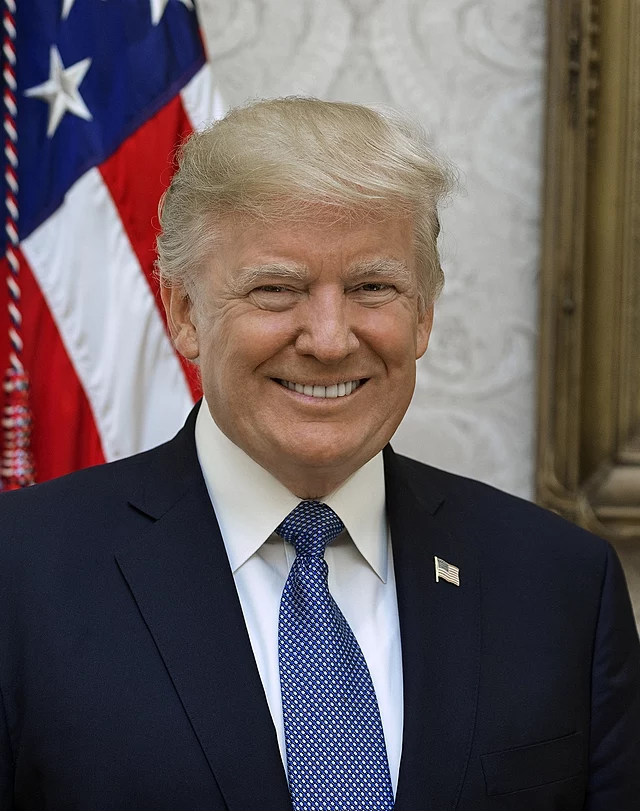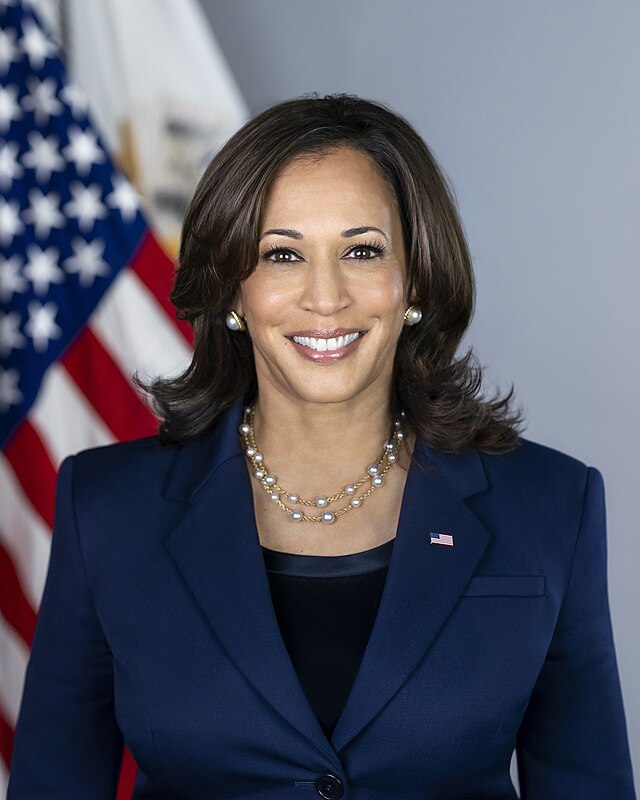What If U.S. Mideast Policy Stays the Same? Key Considerations and Next Steps


By: Ghassan Rubeiz / Arab America Contributing Writer
Waiting for a new US president to alter America’s approach to the Middle East is unrealistic, frustrating, and demoralizing. Regardless of who wins the presidential race, the new administration is unlikely to change US Mideast policy substantially: Washington and Tel Aviv have mutual interests that go deeper than US ties to any Arab country.
There are differences in the candidates’ strategies; remember that post-election performance is not likely to match pre-election rhetoric. In power, Trump would be in a second term, with fewer restrictions. Would that make a difference? Similarly, as president, Harris would have the opportunity to act independently.
If Trump wins, he is expected to allow Israel’s Prime Minister, Benjamin Netanyahu, to pursue the war in Gaza, Lebanon, and possibly Iran until “victory” over Hamas, Hezbollah, and the Islamic Revolutionary Guards. However, Netanyahu and Trump are too self-centered to maintain a steady political relationship.
If Harris wins, she will try to stop the fighting and show some sensitivity towards the Palestinian cause. Unlike Trump, she might consider reviving the nuclear dialogue with Iran. However, neither candidate has the courage or a practical plan to restore Palestinian independence. Neither will abandon the American policy of “ironclad” support for Israel. Thus, the course of the war and subsequent political developments will depend mainly on how Hamas, Hezbollah, and Iran perform on the battlefield.
After the elections, Arab Americans may well feel isolated from American politics. What can be done to make their voices heard? Three things might help: Arab Americans unifying as a voting block, working across the American partisan divide, and widening the circle of Arab American advocacy.
First, the Arab community must work together on vital political issues. They must organize as a voting bloc and stop counting too much on the hollow promises of political candidates. Arab Americans share a rich cultural heritage and substantial common interests, which can be the basis for genuine dialogue and political action. However, we need flexibility in thinking and respect for the diversity of opinions. Progressives will need to listen to conservatives and vice versa.
If Arab Americans can reach a consensus on a political program, they will have the opportunity to exchange views with and win friends among Democrats and Republicans. Partisan politics have diverted the attention of many Americans from the more significant issues that underlie many of America’s short-sighted policies. Both major parties have been oblivious to some of the most threatening issues that America faces today: a spiraling national debt, a regressive tax system, unlimited private funding of elections, and a militant conception of national security.
As long as America keeps printing money to finance its services and wars, allowing the unlimited accumulation of personal wealth, permitting money to dominate local and national elections, and squandering tax-payers money on the military, it will be hard to keep America safe, free, and democratic.
Arab Americans should also wholeheartedly embrace other groups working for peace and justice. The war in the Middle East has nearly frozen meaningful communication between Arab and Jewish American groups. Both communities should acknowledge that the suffering on the battlefront in Israel, Gaza, the West Bank, and Lebanon is at the root of much of our mutual distrust. We should confront this suffering jointly and together work against racism at home and political injustice and instability in the Middle East.
The ongoing wars have inhibited religious leaders from speaking and acting prophetically. Still, a few brave secular leaders in the Jewish, Muslim, Christian, and African-American communities have been speaking truth to power. Jewish voices for peace and justice, in particular, remain loud, clear, and compelling. Someday, a charismatic Arab or Jewish American, with the transcendent inspiration of Martin Luther King or Nelson Mandela, may emerge to confront the obscenity of the carnage in Gaza. Such charisma could mobilize Arab and Jewish Americans to work effectively together.
I am convinced that a coordinated Arab, Jewish, and African-American coalition could contribute significantly to ending these wars and starting a realistic peace process. America is the right place for such groups to organize together. However, the key to peace and justice in the Middle East is not in Washington. It lies in the soul of every Arab and of every Jew.
Ghassan Rubeiz is the former Middle East Secretary of the World Council of Churches. Earlier, he taught psychology and social work in his country of birth, Lebanon, and later in the United States, where he currently lives. For the past twenty years, he has contributed to political commentary and delivered occasional public talks on subjects related to peace, justice, and interfaith. You can reach him at rubeizg@gmail.com
The views and opinions expressed in this article are those of the author and do not necessarily reflect the position of Arab America. The reproduction of this article is permissible with proper credit to Arab America and the author.
Check out our Blog here!








